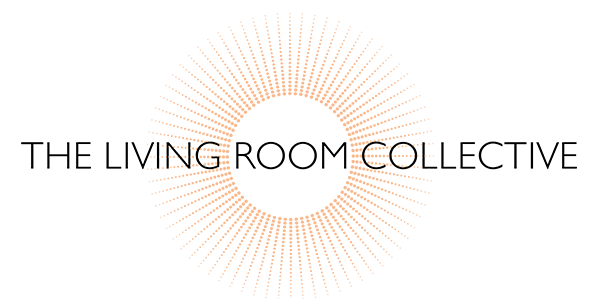Healing Narratives From the Holistic Healing Arts Retreat

This article examines the subjective experience of the Holistic Healing Arts Retreat to improve both trauma-related and resilience outcomes for trauma. In this article, we assessed the extent to which the conceptual model of the Holistic Healing Arts Retreat, termed the Healing Arc, characterized retreat participants’ actual experience based on narratives recorded in real time while participating in the retreat. This study was part of a larger randomized control trial involving 109 women who reported histories of child abuse, sexual assault, or domestic violence and who were randomly assigned to 5-day residential retreat (retreat now) or to wait-list control (retreat later) conditions. For this study, narrative data from participants in the retreat now condition, only, were collected using audio digital recorders during the period that participants were in residence at the retreat. Framework analysis was used to analyze the narrative data against a predetermined conceptual framework. This analysis identified 6 distinct themes characterizing participants’ real-time retreat experience, which include 5 original elements (safety, connection, awareness, expression, and integration) and 1 additional element (nurturing environment) of the Healing Arc conceptual foundation of the Holistic Healing Arts Retreat. These narrative data provide confidence in the revised model of the Healing Arc as a meaningful conceptual model guiding the replication and implementation of the Holistic Healing Arts. This study is one of the first of its kind to use trauma survivors’ own voices to examine the extent to which survivors’ subjective experiences are aligned with the theoretical foundation of a trauma-focused intervention.
Keywords: retreat, trauma, resilience, narrative, PTSD
Sherisa Dahlgren and Monica Martinez Joyful Heart Foundation, New York, New York
Mihriye Méte Medstar Health Research Institute, Hyattsville, Maryland
Mary Ann Dutton Georgetown University Medical Center
